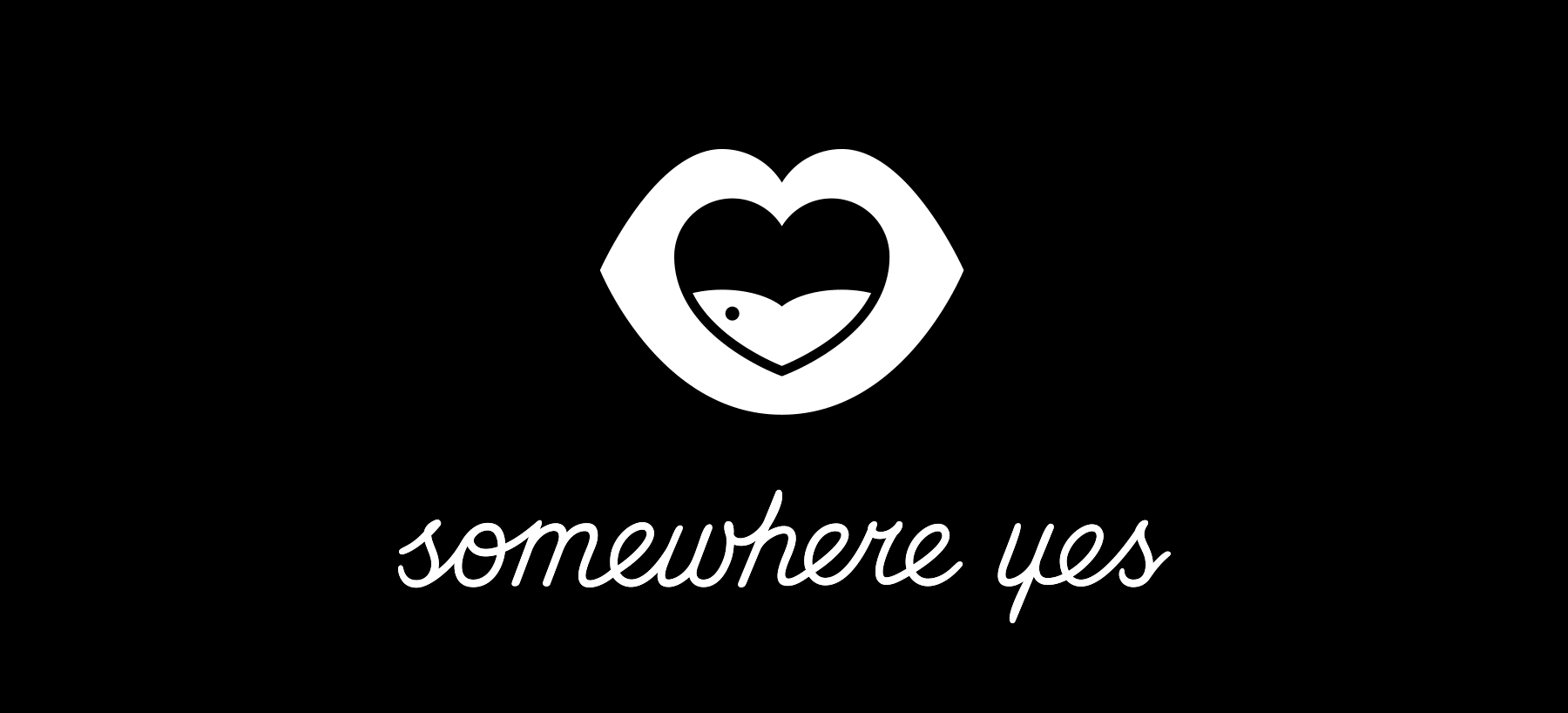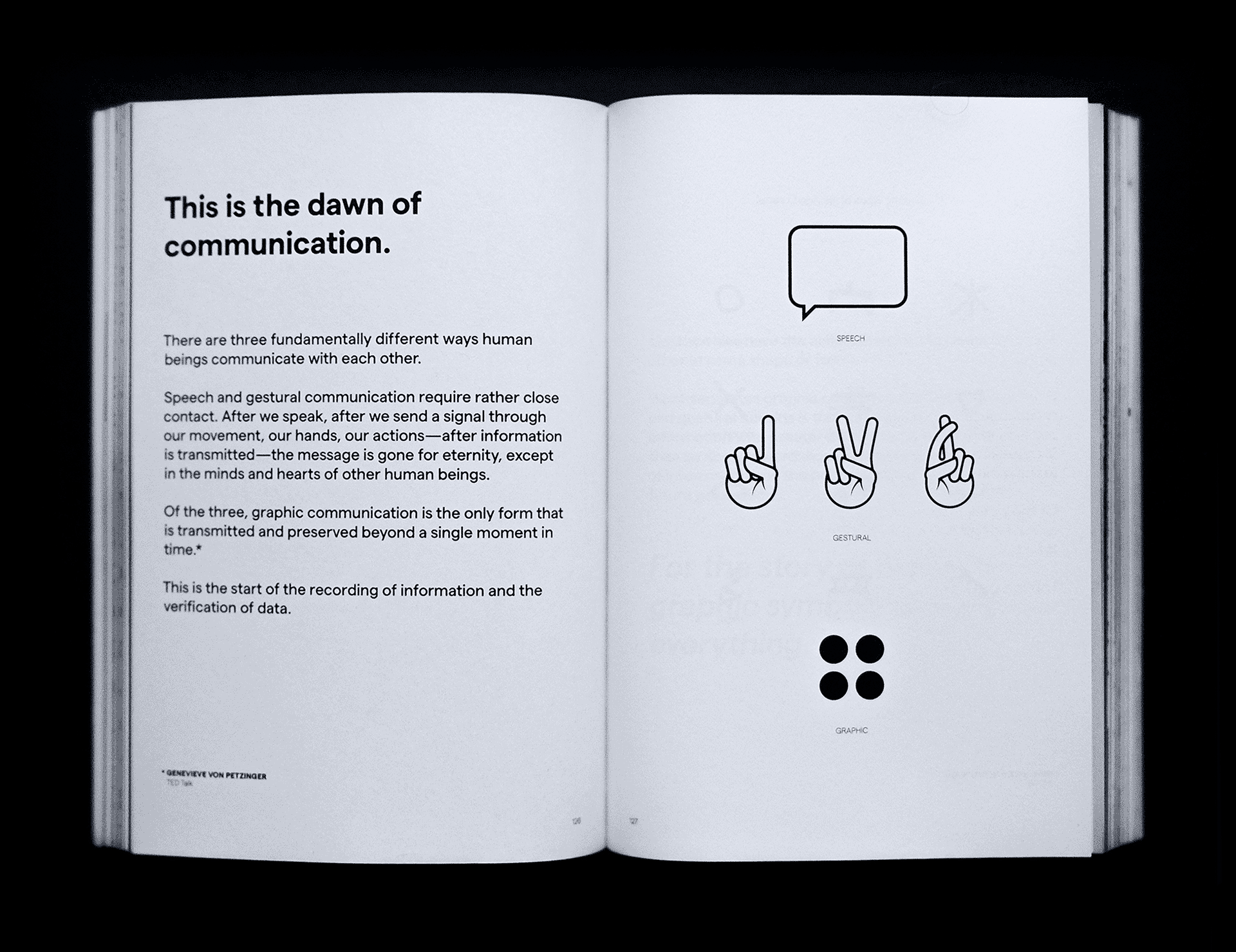Brands shape our culture ― from products to politics. But can they also help us find the truth?
With the release of his book, Somewhere Yes: The Search for Belonging in a World Shaped by Branding, Beat Baudenbacher, designer, CD and founder of New York agency Loyalkaspar, shares observations on how branding can work – for both good and ill.
In your book you talk about how "brands create order in the universe" – can you expand on that?
We can imagine a mall: brands are markers for shoppers. Without them, you’d have to go into every store to figure out what stores are selling.
The same is true for our digital environments, or media – you don’t go to ESPN for world news, for example. When we zoom out a little further and look at religion, or politics – which I argue both employ tools of branding – it’s easy to see how they segment people: into Catholics or Protestants; Republicans or Democrats; Capitalists or Communists.
Either side of any issue seems to come with loaded branding, from ‘pro-life’ to ‘never-Trump’ and on and on.
I try not to pass a moral judgment on it. It’s more of an observation. Because in general, people are more complex than any superficial labels we can stick on them.

Can you give examples of how branding has been used outside of the business world to shape our social structure – both positively and negatively?
Social media has added a performative aspect to our lives. Most of us don’t post pictures of our toddlers throwing tantrums at the supermarket. Instead, we post pictures of happy, joyful moments of a Sunday picnic. What are we trying to communicate through that? That we are good parents? That we have our shit together? That we are not the ‘failures’ our internal voices are telling us on repeat?
If we go back to my definition of branding as purposely shaping public perception, it seems to me that most of us are constantly branding ourselves to a certain extent.
Initially, climate change was known as ‘global warming’, which, to many, may actually sound nice and balmy, especially if you live in a cold climate.
In regard to social structures, it seems to me that in our current, polarised political environment, branding has pretty severe social consequences. Either side of any issue seems to come with loaded branding, from ‘pro-life’ to ‘never-Trump’ and on and on.

How does the concept of branding apply outside of advertising?
It applies to almost everything. I define branding, in its most basic form, as “the purposeful shaping of public perception” in exchange for some sort of currency. If you think of currency not necessarily in terms of dollars and cents, but also in terms of social status, the number of followers and likes on social platforms, political power, etc., the tools of branding really apply to any kind of ‘transaction’ that takes place in the public sphere.
'Defunding the Police’ was an absolutely flawed case of branding an issue – it sounded like it was validating lawlessness.
Either as an individual or an organisation, unless you are not on any social media platform, or you are but you truly don’t care about likes or followers, you employ the tools of branding in some shape or form.
How can branding be used to better society? Can it be used to tackle the climate crisis, for example, in a genuinely useful way, or is climate branding intrinsically greenwashing?
From my perspective, branding can help a great deal to better society, especially because wording is a big part of branding.
Climate change is a great example. Initially, it was known as ‘global warming’, which, to many, may actually sound nice and balmy, especially if you live in a cold climate. Now, it seems that the phrase ‘climate crisis’ is being used more often, which is certainly a more accurate description – one could argue that we should go even further and brand it a ‘climate catastrophe’. In this respect, branding the climate crisis can be about creating clarity on the issue rather than creating obfuscation, which is what greenwashing does.
I think of branding as a way to get to the truth – of a product, a political position, a person, or a physical place.
Point being, I feel like it is extremely important how we brand issues that affect all members of a specific society. For example, ‘Defunding the Police’ was an absolutely flawed case of branding an issue. For the general public, it sounded like a pretty scary message, like embracing and validating lawlessness. Like everything else, it is much more nuanced than that, but in this 'soundbite environment' we live in, most of that nuance is lost.

In his richly illustrated book, Somewhere Yes, Baudenbacher (above) drew inspiration from the graphic sensibilities of Marshall McLuhan (The Medium is the Massage) and Paul Arden (It's Not How Good You Are, It's How Good You Want to Be).
What are the taboos of branding? Does branding ever lead the way in breaking social taboos, or can it create them?
Branding can break taboos, and create them. That’s the thing about branding: it creates allies and adversaries. Topics can be transformed into brands and weaponised before people have a chance to understand the topic in the first place.
I think of branding as a way to get to the truth – of a product, a political position, a person, or a physical place.
In that sense, I feel like the biggest taboo in branding is to somehow corrupt or short-circuit that process in order to end up with a brand that’s not truthful to the thing that’s branded. And that to me is the one cardinal sin of branding.

)







